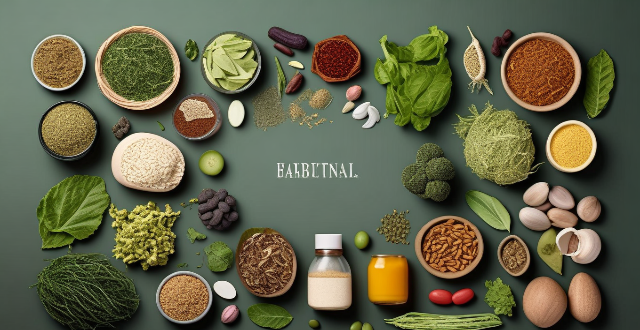Protein is an essential nutrient that plays a crucial role in maintaining a healthy diet. It contributes to tissue growth and repair, enzyme and hormone production, immune system function, fluid balance, and energy provision. Consuming a variety of protein sources is important to ensure all necessary amino acids are obtained.

The Role of Protein in a Healthy Diet
Protein is an essential nutrient that plays a crucial role in maintaining a healthy diet. It is made up of amino acids, which are the building blocks of our bodies. Here are some ways protein contributes to a healthy diet:
Building and Repairing Tissues
Protein is necessary for the growth and repair of tissues in our bodies. This includes muscles, bones, skin, and organs. When we exercise or sustain an injury, protein helps to rebuild and strengthen these areas.
Production of Enzymes and Hormones
Proteins are vital in the production of enzymes and hormones, which regulate various bodily functions. For instance, digestive enzymes break down food into nutrients that can be absorbed by the body, while hormones like insulin control blood sugar levels.
Boosting Immune System
Proteins are also important in boosting the immune system. Antibodies, which are specialized proteins, help to identify and fight off harmful pathogens like bacteria and viruses.
Maintaining Fluid Balance
Proteins play a role in maintaining fluid balance in the body. They help to ensure that water is distributed evenly between different parts of the body, preventing dehydration or overhydration.
Providing Energy
While carbohydrates are the primary source of energy for the body, protein can also provide energy when needed. This usually happens when there is not enough carbohydrate available, such as during fasting or low-carb diets.
In conclusion, protein is an essential part of a healthy diet. It contributes to tissue growth and repair, enzyme and hormone production, immune system function, fluid balance, and energy provision. It's important to consume a variety of protein sources, including meat, fish, eggs, dairy, beans, and nuts, to ensure you get all the necessary amino acids your body needs.